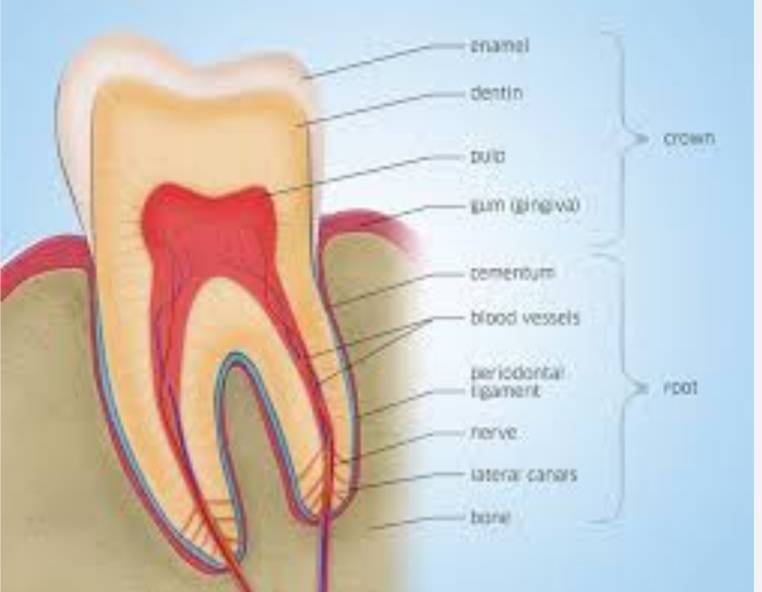Dentition is the scientific term used to describe the arrangement and number of teeth present in an animal or human's mouth. The dentition of humans is one of the most complex and interesting aspects of our anatomy. It is the foundation of our ability to chew food, speak, and ultimately, our general well-being.
Humans have two sets of teeth in their lifetime. The first set, commonly known as baby teeth or milk teeth, usually erupt between six months to two years old. These teeth consist of 20 teeth that are smaller and whiter than permanent teeth.
Around the age of six, the baby teeth begin to fall out and are replaced by our second set of teeth, which are permanent and stay with us for the rest of our life. The second set of teeth consists of 32 teeth in total, including incisors, canines, premolars, and molars. The incisors, canines, and premolars are used to bite, tear and grind the food, and the molars are used for crushing and grinding.
The incisors are the most visible teeth located in the front of the mouth. The four upper and lower incisors are used for biting and cutting pieces of food and letters when speaking. The sharp and pointy canines are positioned next to the incisors and are used for tearing food apart. The canine teeth in humans are less prominent than in other carnivorous animals like lions or tigers.
The premolars are positioned between the canines and molars. They are larger than the canines and are used in chewing and grinding of foods. They have small cusps which make it easy to crush food, unlike the incisors and canines with only one cusp.
The last type of permanent teeth is molars, and they are located in the back of the mouth. Their primary function is to grind or crush food. Adult humans have 12 molars in total, four in each quadrant of the jaw, the upper and lower right and left sides.
In conclusion, understanding the dentition of humans is important for our oral health, diet, and overall wellbeing. Teeth play a vital role in food processing, digestion, and are a crucial part of our communication. Proper dental health care such as brushing and flossing regularly can help to prevent tooth decay and gum disease and protect our beautiful teeth. Additionally, it is essential to eat a healthy diet, limiting sugary and acidic foods and beverages that may cause damage to our teeth.




No comments yet
Be the first to share your thoughts!